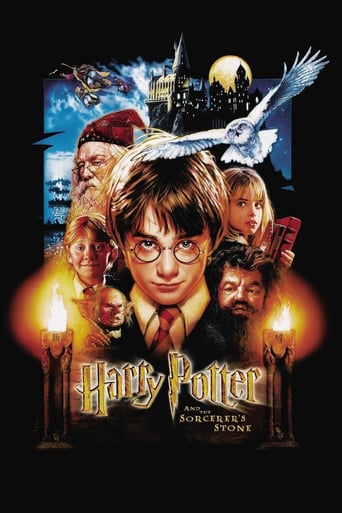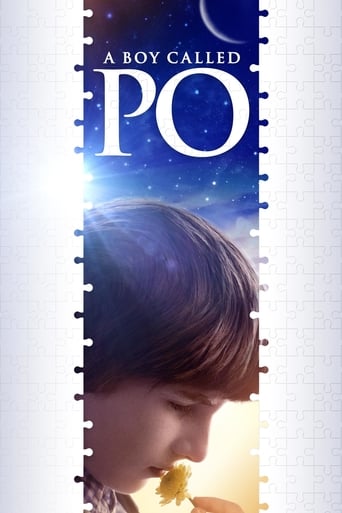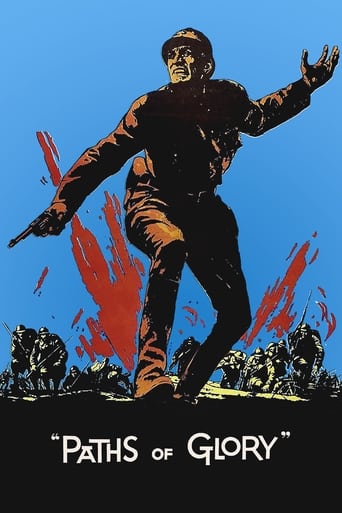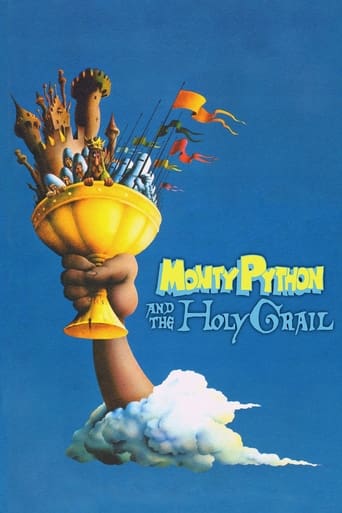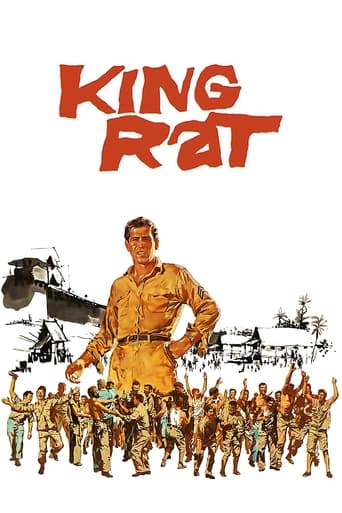


King Rat
When Singapore surrendered to the Japanese in 1942, the Allied POWs, mostly British but including a few Americans, were incarcerated in Changi prison. Among the American prisoners is Cpl. King, a wheeler-dealer who has managed to establish a pretty good life for himself in the camp. King soon forms a friendship with an upper-class British officer who is fascinated with King's enthusiastic approach to life.
-
- Cast:
- George Segal , James Fox , Tom Courtenay , Patrick O'Neal , James Donald , John Mills , Denholm Elliott


Similar titles
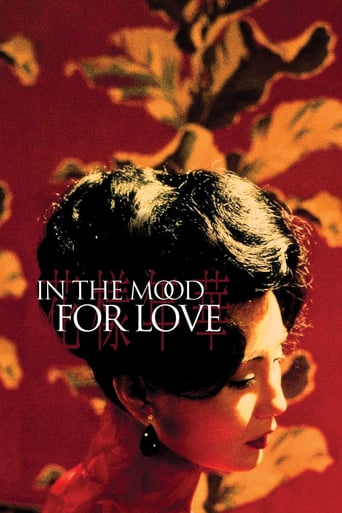
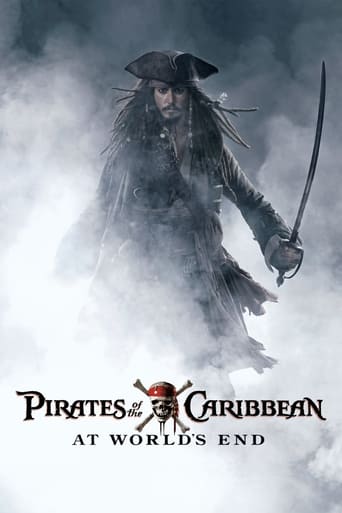
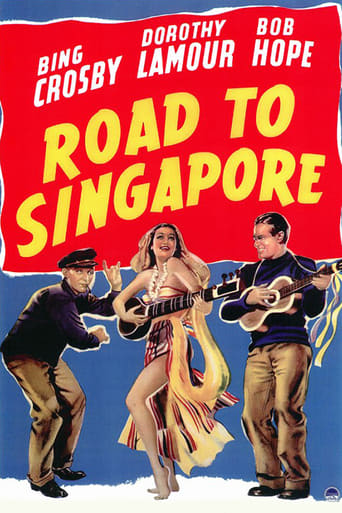
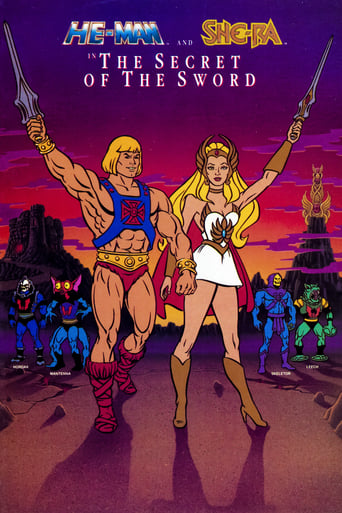
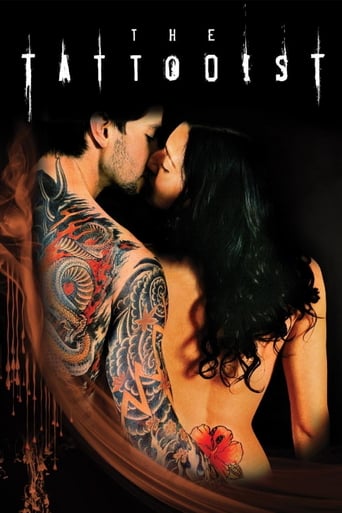
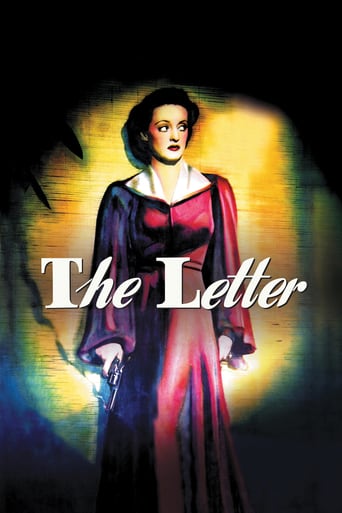

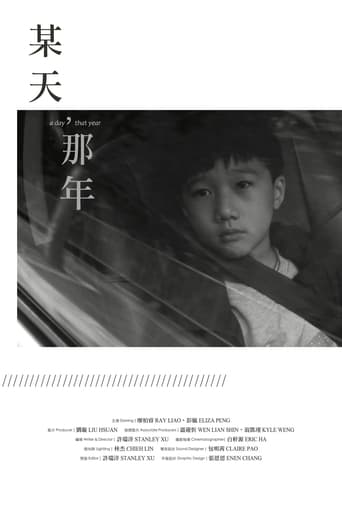
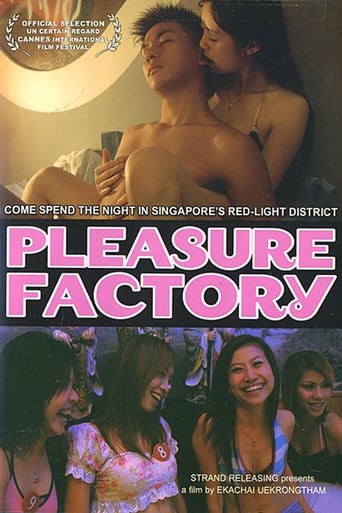
Reviews
Too much of everything
Good movie but grossly overrated
Although it has its amusing moments, in eneral the plot does not convince.
Like the great film, it's made with a great deal of visible affection both in front of and behind the camera.
This WWII prison camp drama set in the steaming Burmese jungle is a metaphor for the horrors of World War II and features what is easily George Segal's best dramatic performance, an even better one by James Fox, and lean, taut direction from Bryan Forbes. It also offers many insights on the British class system and takes a very grimly pessimistic view of the human condition. There is some humor but it is darkly sardonic and somewhat sadistic in nature. Segal's con artist extrodinaire Sergeant King is the dark side of Segeant Bilko and he employs bitter cynicism as opposed to the wisecracking humor of Phil Silvers. It is based on a novel by James Clavell, and is a better film, if not more entertaining, than the author's "The Great Escape," which was released a couple of years prior to "Rat." With the exception of Segal, the British cast members greatly outshine their American counterparts. Tom Courtenay, the always wonderful Denholm Elliott, John Mills, Gerald Sim, Leonard Rossiter, and Alan Webb all contribute memorable characterizations, but by far the best is James Donald as the compassionate, humane camp doctor, practically reprising his role of eight years earlier in "Bridge on the Rver Kwai' also set in a Burmese prison camp.
This gritty prisoner of war film follows the pattern of all James Clavells' novels.The only difference is that this story was lived by Clavell himself at Changi, A Japanese prisoner camp in the rain forests of Singapore during WWII. All of Clavells "Asian saga" stories feature a character who is trying to achieve a goal and enlists someone to help him in this.In King Rat the "king' Is helped by RAF pilot Peter Marlowe to sell a black market diamond to help provide for their safety to buy camp guard protection as the war ends.In Clavells'"Shogun" Toranaga wants to be the leader of feudal Japan and he is helped in this goal by the foreign Englishman Blackthorn. In his "Tai-Pan" story of the founding of Hong Kong as a English trading port with the Chinese, Dirk Struan is helped by his bastard son Gordon Chen.In "Gai-Jin" Yoshi tries to consolidate his power to bring Japan into the modern world with the help the Struans while in "Noble House" Clavell continues with Ian Dunross getting help from the American T.C. Cholock in 1960s Hong Kong. King Rat is just the first of these fascinating stories of charismatic leaders knowing how to use those around them to reach a goal. The movie, like the book, is grim and realistic but also engaging story of the relationship of two men living through extreme times.
Despite the viciousness of the Nazi regime, British and American prisoners of war captured by the Germans in World War II were generally honourably treated in accordance with the Geneva Convention and given adequate food and accommodation. Those captured by the Japanese were not so lucky. They were often treated brutally, kept short of food and used as slave labour for their captors. This may explain the difference in tone between prisoner of war films set in Europe and those set in the Far East. The former, such as "The Wooden Horse", "The Colditz Story" and "The Great Escape" are generally optimistic in tone, part of the tradition of heroic, patriotic war films. The prisoners are often shown as idealistic patriots, eager to escape from captivity so that they can carry on the just struggle against Nazism.In "King Rat", however, as in that other Asian POW drama "Bridge on the River Kwai", the tone is very different. There is no realistic possibility of escape, as there are no neutral countries nearby. Life for the prisoners is a dog-eat-dog struggle for survival, one that often involves compromises with one's principles and with the enemy. "Bridge on the River Kwai" is unusual for a Western film in that it gives a relatively sympathetic portrayal of an Axis soldier, the Japanese commandant Colonel Saito. In "King Rat" no Japanese characters play a major role; the emphasis is very much on relations between the Allied prisoners themselves. The shortages of food and other necessities mean that a black market has grown up in which the prisoners barter their possessions with the camp guards and local Malay villagers in exchange for extra supplies of food, clothing and luxuries.The "King Rat" of the title is an American prisoner, Corporal King. Despite his lowly rank, his surname is an appropriate one; his skill in exploiting the black market has made him the "king" of the camp. The "rat" part of the title may refer to a scheme he hatches for breeding rats as a food source, but it may also refer to his lack of moral scruples. The other major characters are two British prisoners, Flight Lieutenant Peter Marlowe and Lieutenant Robin Grey. Marlowe, a young RAF officer, is befriended by King, who is impressed by the younger man's command of the Malay language, and becomes King's official interpreter in his business dealings. Grey is only a junior officer, but wields considerable power because of his position as Provost-Marshal, in charge of enforcing military discipline in the camp. He develops an obsession with King, whom he is determined to see punished for his black marketeering.The film can be seen as an exploration of the theme of capitalism versus socialism, with the former coming out on top. (Perhaps unsurprisingly, given that this was an American film made during the Cold War era). King is a selfish individual, without a single altruistic bone in his body, yet his pursuit of self-interest has the effect of making life more bearable for his fellow-prisoners. Grey, a man of left-wing socialist views, is outwardly idealistic and a believer in fairness and equality, but he is also petty and vindictive with a bureaucratic obsession with enforcing rules (even rules imposed by the enemy) for their own sake. Without the extra supplies provided by the black market, the inmates would be forced to exist ("live" is not really the appropriate word) at near-starvation levels.The film is not, however, just a political parable. It is also a human drama about the stresses facing men in captivity, and there are some memorable performances. The role of King was turned down by Steve McQueen, who had starred in "The Great Escape", and by Paul Newman, who was later to star in another great drama about men in captivity, "Cool Hand Luke". In the event it went to George Segal, who turns in a fine performance as the amoral yet resourceful King, as do James Fox as the naïve, impressionable Marlowe and Tom Courtenay as Gray. There are also good contributions from various distinguished British actors such as John Mills, Denholm Elliott and Leonard Rossiter.The film was directed by Bryan Forbes, who was also responsible for that great British classic, "Whistle Down the Wind". I would not rate "King Rat" quite as highly, but despite the very different subject-matter of the two films both are distinguished by a similarly stark black-and-white photography. "King Rat" was deservedly nominated for an Academy Award for "Best Cinematography, Black-and-White". This is, of course, an award which is no longer given; the decline in the number of black-and-white films being made has meant that since 1967 there has only been a single "Best Cinematography" award. Nevertheless, films like "Whistle Down the Wind" and "King Rat" remind us of how powerful monochrome could be as a dramatic medium. 8/10
I saw this movie when I was 10 years old or so when it was first released in '65 or '66. I remember George Segal's clean, well-fed and dressed performance in a role that, as an mid-boomer American, I resented in the looong (134 min.) black and white movie. Except for vague memories re the eggs, watch and of course, the rat victuals, all else blur with the passage of time. As I usually avoid TV's pan/scan, edited for content and time version of movies, I haven't seen it since. I read Cleavall's novel probably 20+ years later as a battered ppbk. Now, twenty years still later, the two have merged in my noodle-based, imperfect, personal RAM/ROM storage system. So I have it coming from Netflix this week and look forward to seeing which memories were from which source.In the meantime, here's a poser for you fans of the written word: I seem to recall early in the novel, a character remarked while swatting at an omnipresent fly using a plant fiber or hair swishing swatter, that he didn't try to kill the fly, he wanted to injure it could share the suffering of the prisoners did while the ants devoured it.Also in the novel, someone advised that to avoid dysentery, when defecating, use your left hand to wipe because you used your right hand to eat with.But then again, there may have been an Arabic source for this little truism.

